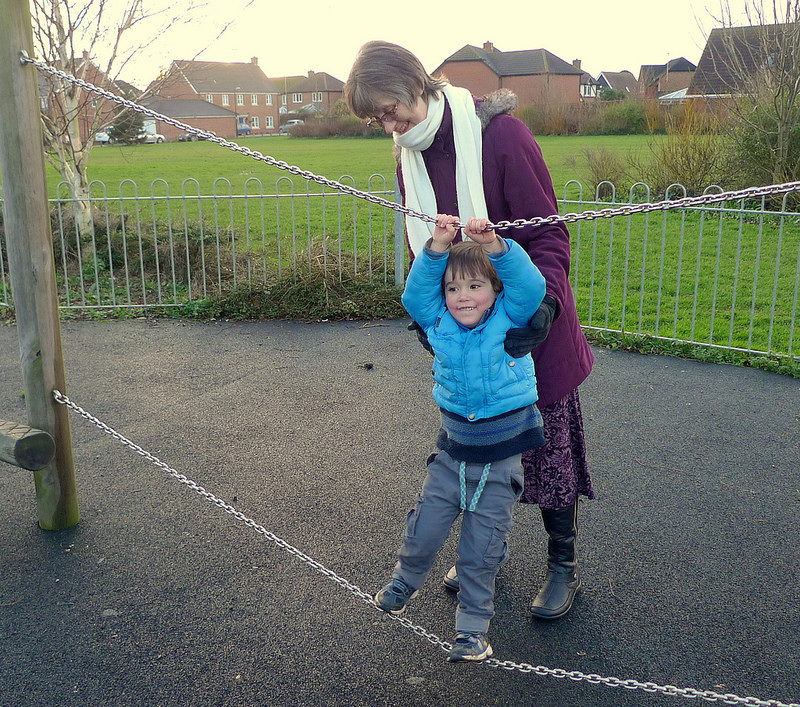
How many people, as children, lost a pet they loved?
It hurt terribly.
The Child could only feel utter helplessness in the face of such loss.
Those past feelings may remain with the Child as he grows up and influence him to to want another pet. Never getting another pet guarantees that he or she will never feel
the same devastation from losing it
but the pleasure of having one would be sacrificed.
Loosing a significant person such as a parent or sibling
magnifies the Child's devastation.
As an Adult
he or she may have considerable problems with relationships as he or she tries to find some optimum ratio between intimacy,
for the denied pleasures, and safety,
for the avoidance of potential loss.
The Child distinguishes no difference between
vulnerability and helplessness,
because to him or her these emotions feel the same.
Our ability as Adults to acknowledge
the vast distinction between these two perceptions
makes it possible for us to change and
function primarily in the Adult state.
In the process,
we must take meaningful chances,
face reasonable risks,
and know
that we will no longer
be emotionally
destroyed or devastated by the experiences.
Not daring to pursue what we want chains us to past
and prevents us from reaching our potentials.
Without accepting the possibility of loss,
we cannot love.
To love, we must be willing to give a hostage to fate.
Otherwise the Child fears will hold the Adult's present pleasures captive.
Knowing that we have choices and
that being vulnerable
is no longer
the same as being helpless,
we can cast off the old chains and
free ourselves
to pursue what we want.
Breaking Free - Kardener & Kardener
 RSS Feed
RSS Feed
